The views expressed in our content reflect individual perspectives and do not represent the authoritative views of the Baha'i Faith.
What is identity? How is it defined by our current society? What role does it play in the pursuit of gender equality? These were the types of questions asked during a round-table discussion I recently facilitated on a document titled, ’Advancing Toward the Equality of Women and Men.’
From college students to a long time defender of women’s rights in education, across genders, races, and ages, a common thread bound the participants — an understanding of the undeniable equality of men and women, and an orientation towards working to reduce inequities, violence and other oppressive conditions in societies that negatively impact both sexes.
Our discussion centered around the concept of identity, which the above document, published by the Institute for Studies in Global Prosperity (ISGP), spends two sections exploring. It calls for a broadening of identity to encompass the spiritual essence of each individual:
Beyond these fragmented ways that individuals and groups have come to define themselves, men and women of insight, often inspired by the sacred scriptures of the world, have throughout history sought to broaden human consciousness by drawing attention to that which is most essential about human nature: the inner reality with which every human being is born, the reflection of the Divine in each of us, that which we all share in common, that which is whole within us, as opposed to the fragmented labels with which society tags us in the course of our life.
Much the opposite happens around us every day. Our identity is often defined, and widely reinforced by the media, solely in material terms. These negative messages tell us that our ambitions, pursuits, and orientation must be directed towards superficially pleasing others. I, as a young woman, have often wondered, how much of these negative media images have I internalized over the years? How does an individual navigate what seem to be competing definitions of human dignity, attraction to beauty and freedom of expression?
I am hopeful after the discussion our group had on this topic. It was particularly heartening to hear the young men in the room share that exploitative images of relationships in the media were just as disturbing to them. They repeatedly stressed that current definitions of masculinity and femininity are toxic and harmful to how they see themselves in the world. How they were defined by society could not be farther from what they felt their core essence was, from how they defined themselves.
 Discussion of the document then led us to explore how identity has a strong relationship to self-knowledge. What we are and how we are to live and relate to our world is a wondrous journey of self-discovery. The incredible gifts of civilization, the deepening of relationships and our inherent drive toward exploration and understanding of our world are among the attractors and motivators of our soul. Yet, to be limited, often from an early age to an understanding of self that is simply based in the acquisition of material wealth or the fulfillment of the desires of others, often within the context of violence, is a troubling reality for many millions of the planet’s inhabitants. How then can we create spaces of dialogue and reflection that help us to know our true selves?
Discussion of the document then led us to explore how identity has a strong relationship to self-knowledge. What we are and how we are to live and relate to our world is a wondrous journey of self-discovery. The incredible gifts of civilization, the deepening of relationships and our inherent drive toward exploration and understanding of our world are among the attractors and motivators of our soul. Yet, to be limited, often from an early age to an understanding of self that is simply based in the acquisition of material wealth or the fulfillment of the desires of others, often within the context of violence, is a troubling reality for many millions of the planet’s inhabitants. How then can we create spaces of dialogue and reflection that help us to know our true selves?
The interplay between the individual and society is an important consideration in the context of this discussion. Individuals possess volition to act, the capacity to positively influence those around them, and the ability to constructively alter the harmful forces in society, while the institutions and structures of society also profoundly affect the individual. Perhaps then, the media is not the sole lens through which an individual forms his or her identity. Individuals have the capacity to define for themselves their identities. But the challenge presents itself when many millions, particularly young and vulnerable portions of society, have deeply internalized the harmful messages of the media and have very little alternative in how they can understand themselves.
While the contents of the document and the discussion with our group covers incredibly rich and often difficult terrain, I feel certain that with a continued orientation towards the pursuit of knowledge, the creation of more collective spaces of service, dialogue and reflection, the positive engagement of media and new media, all guided by a firm belief in the inherit nobility of each individual and their potential to construct peaceful societies, the harmful practices and inequities in the world will diminish. One day, they may be rendered relics of the past. What will emerge is a world in which human dignity is upheld with the greatest conviction.


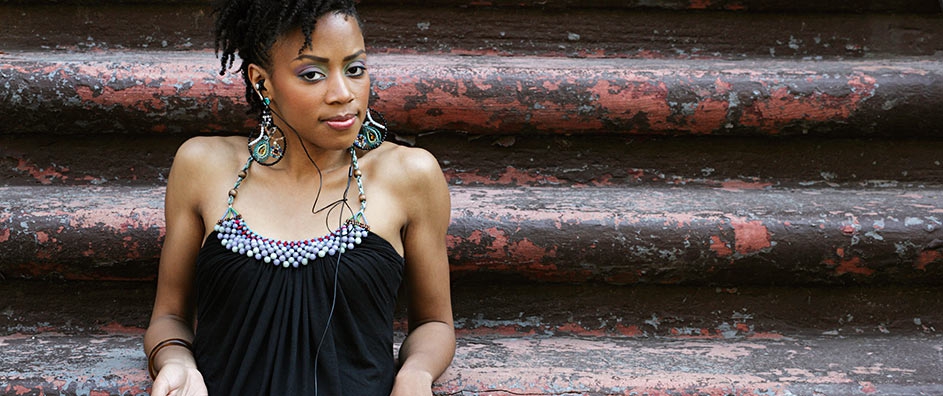
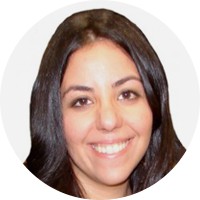
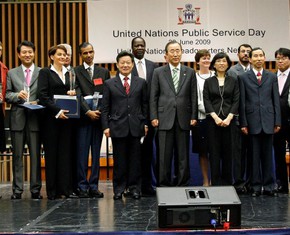
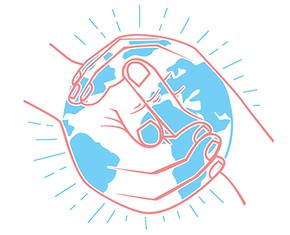
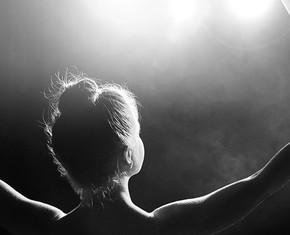









Comments
Sign in or create an account
Continue with Googleor